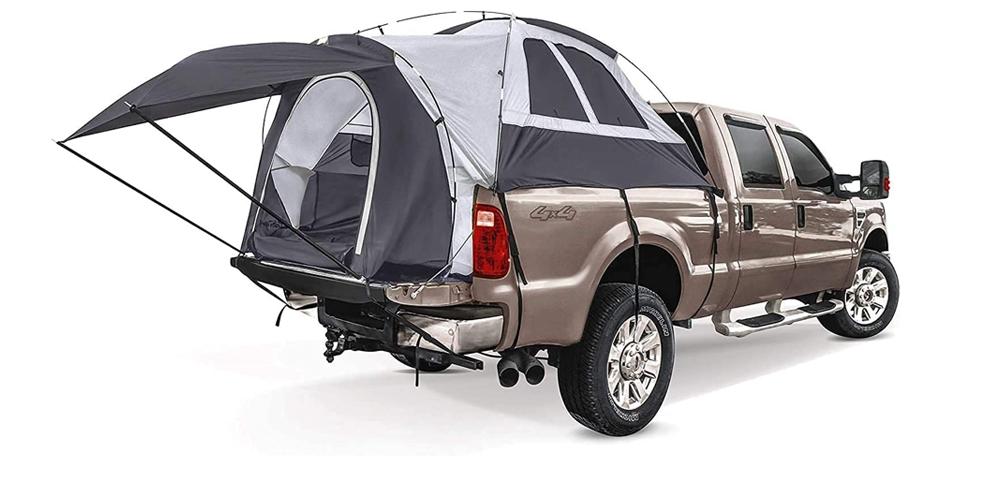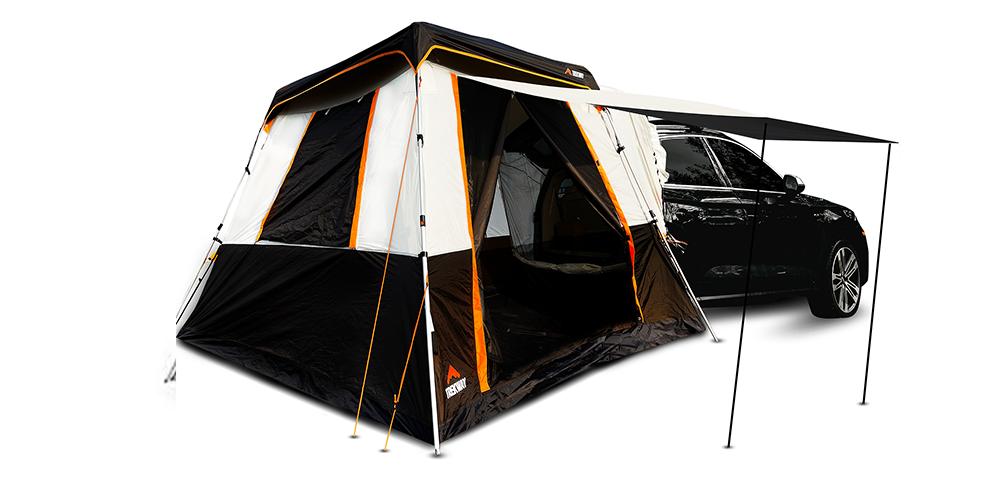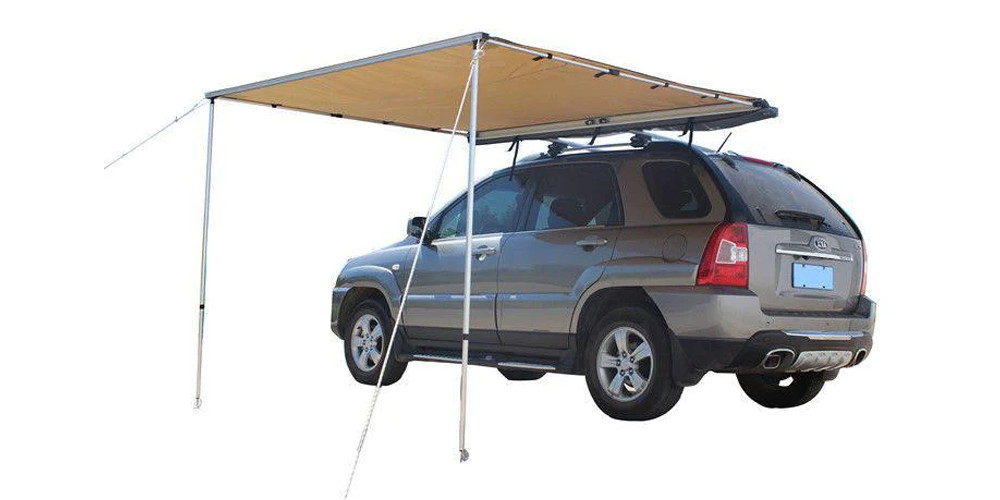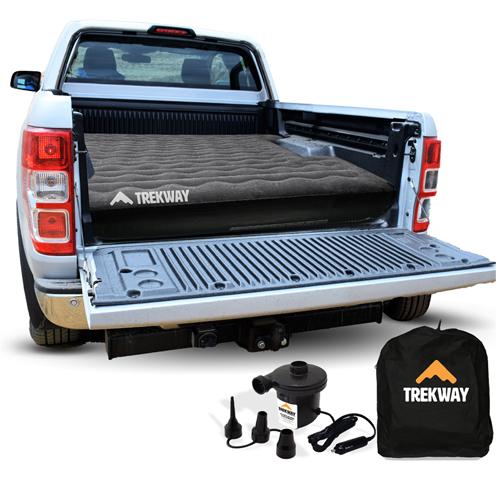Wire Cable vs Synthetic Winch Rope
What's better for your winch: wire cable or synthetic rope? Over the last decade or or two, synthetic rope has overtaken wire cable as the overwhelmingly most popular type of line for winches on vehicles. While synthetic rope has many advantages over wire cable, it does not mean that it's better in all regards.
What Are the Pros and Cons of Wire Cable?
Using wire cable on your winch has many positives and negatives. Here's a quick summary of the pros and cons of wire cable.
Pros
- More durable
- It can be brushed against sharp surface (i.e. rocks)without being compromised
- It can’t be damaged by sunlight.
- Less expensive than a synthetic rope.
Cons
- Difficult to handle
- Can be heavy and even lethal when it snaps
- Less strong than synthetic rope
The last two points on the cons list are the two main factors of why most off-roaders now choose synthetic rope over wire cable. Wire cable, surprisingly to most, generally has less strength than comparably sized synthetic rope. Moreover, wire rope can be very dangerous if and when it snaps.
Because of these reasons, synthetic rope is the overwhelmingly most popular choices for most recreation off-roaders.
What Size Rope Do I Need for my Winch?
The easiest way to determine what size of rope you need for your winch is to refer to the specifications for your particular winch. Generally, smaller winches (under 13,000 lbs pulling capacity) will accept 1/4" to 3/16" sizes of rope which have breaking strengths of around 4000-8000 lbs which is adequate to pull most vehicles.
Now you may be asking yourself, is there any harm in going with a larger rope with a higher pulling capacity? There is one significant problem with going with a larger diameter rope than needed for your application though and that is the fact that larger diameter rope takes up more room (duh!) and may not be able to fit it on your winch's drum. So in general, do not choose a winch rope that is vastly larger than what you require for your particular towing application.
How Much Winch Rope Do I Need for my Winch?
When selecting the best length of winch rope you may be tempted to select more rope than you need. However, the longer the rope for your winch the less power it will have because your winch operates better with fewer coils on the drum. More coils of rope on your winch drum results in lower pulling capacity. Winch line length will always be a compromise between your ability to reach your anchor (probably another vehicle) and power.
How Do I Know How Much Winch Rope I Need?
How do you determine how much rope will fit on your winch? You just need to know a couple of dimensions from your winch: the winch drum width and the winch drum diameter and then use a little bit of algebra.

Imagine for example, you want to use 1/4" rope and have a winch with the following dimensions:
- Drum width: 8.0"
- Drum diameter: 3.5"
- Cable wrapping diameter: 6.75"
This means that you can use up to 272 feet of rope by using the following formula: 8 x (6.75²-3.5²)/(15.3 x 0.25²)
How do I know Whether My Winch Will Accept Steel Cable or Synthetic Rope?
If you have a winch, how do you determine whether it will fit steel cable or synthetic rope? Well here's the good news: most modern winches will accept both steel cable and synthetic rope interchangeably.
How do I Attach the Line to My Winch?
If you decide on replacing your steel cable with synthetic rope, how exactly do you attach it to your winch?

Most winches will have an attachment hole that you simply thread your winch rope through and then secure with a small bolt (as shown in the picture above). Also, most synthetic winch ropes will come with a metal terminal which some older winches require for attachment. If you're winch doesn't require a metal terminal, simply cut this off of your winch rope.







